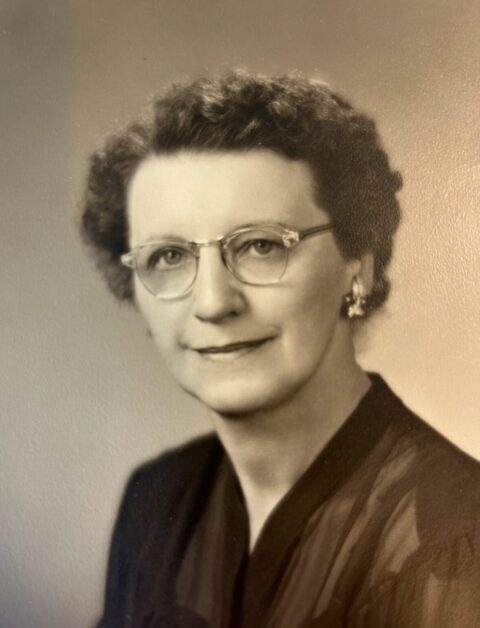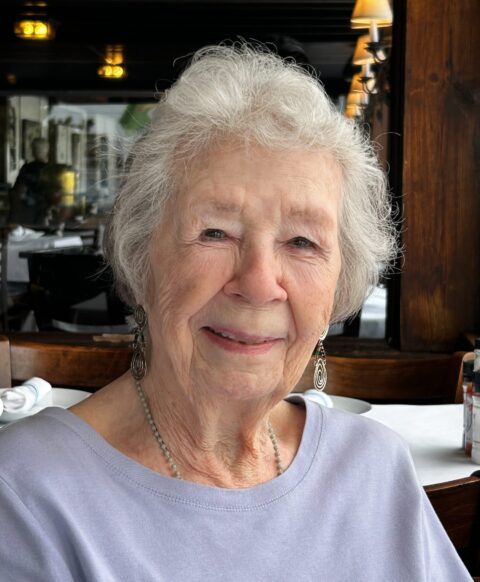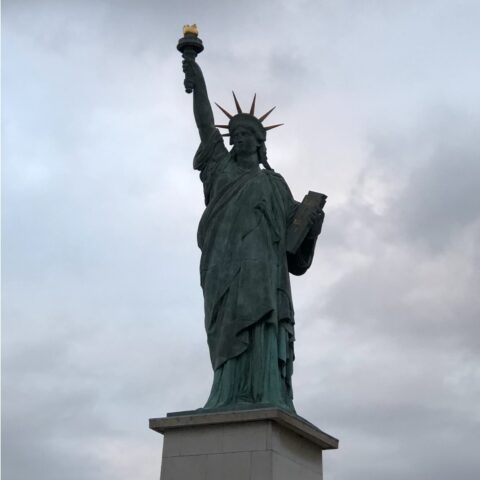Laura Kucera is my paternal grandmother and she loved me.

She was born in 1898 in Linwood, Nebraska. According to the 1900 census, there were 317 residents.
As a young adult, my grandmother was a suffragette, and throughout her life, she was passionate about politics and a woman’s right to vote.
But let’s be clear. When my grandmother schooled my father, “Do you realize the blacks got the vote before women?”, what she meant was Black men (in theory) were given the right to vote ahead of white women.
After my grandmother and those that looked like her could vote, she did what so many in a hierarchy have done.
When those in the clubhouse at the top let those on the rung beneath them join in whatever privilege those in the clubhouse enjoy, those who have just been admitted cut off the rungs below them.
The recently admitted do not realize that they were admitted to the vestibule only, they are not in the clubhouse, and pleasing those who run the clubhouse only makes certain that those in the clubhouse have a layer of protection between themselves and anyone else who wants to get in. Those in the clubhouse are happy to let those in the vestibule block the others.
My knowledge of voting rights in the US is iffy, so I asked Perplexity AI this morning. Here’s what it gave me:
1787: The US Constitution is adopted but makes no federal protections for voting rights, those are left up to the states. Most states decide to grant voting rights to white male property owners over 21.
1856: North Carolina becomes the last state to remove property ownership as a requirement for voting. This effectively gives all white men the right to vote.
1870: The Fifteenth Amendment is ratified, prohibiting states from denying the right to vote based on “race, color, or previous condition of servitude.” This, in theory, granted voting rights to Black men. However, these rights were circumvented through legislation (e.g., poll taxes, literacy tests), intimidation, and violence.
Just how effective was legislation in suppressing votes? Extremely. For example, in Mississippi, the number of registered Black voters fell from 147,000 to fewer than 9,000 after poll taxes were implemented. In Louisiana, Black voter registration dropped from 130,000 to just 1,342 between 1896 and 1904. In eight years, Black male representation in the voting booth was essentially eliminated.
1920: The Nineteenth Amendment was ratified, granting women the right to vote. In theory, this applied to all women, but in reality, white women were the beneficiaries.
1965, forty-five years later: The Voting Rights Act was passed, prohibiting racial discrimination in voting. The law changed, but in many places, local practices (intimidation, relocation of voting locations, gerrymandering) preserved the status quo.
Joyce Kucera is my mother.

Growing up, I saw her cry only once, when she and my father told me they were getting a divorce. In 2016, I heard her cry. We were on the phone, both shocked at the outcome of the US presidential election. She said, “I was hoping we would see a woman president in my lifetime. Now, I don’t think we will.”
This year, with my vote and my money, I can help right a wrong and make a dream come true.
Yes, I have been a white woman grateful to have been admitted to the vestibule.
I was always looking in the wrong direction to find power.
Chewing the Cud of Good

Thankful for 44,000 Black women on a Sunday night who led the way.